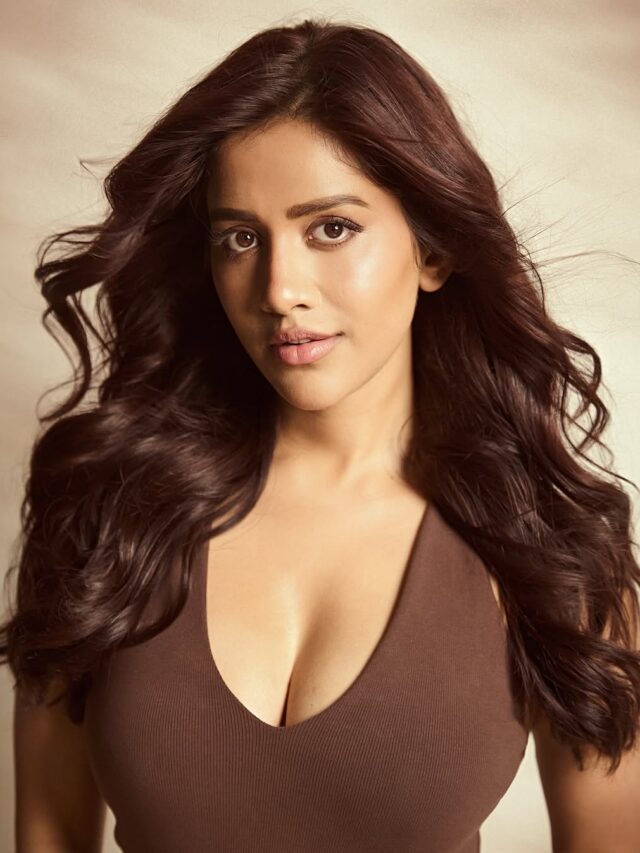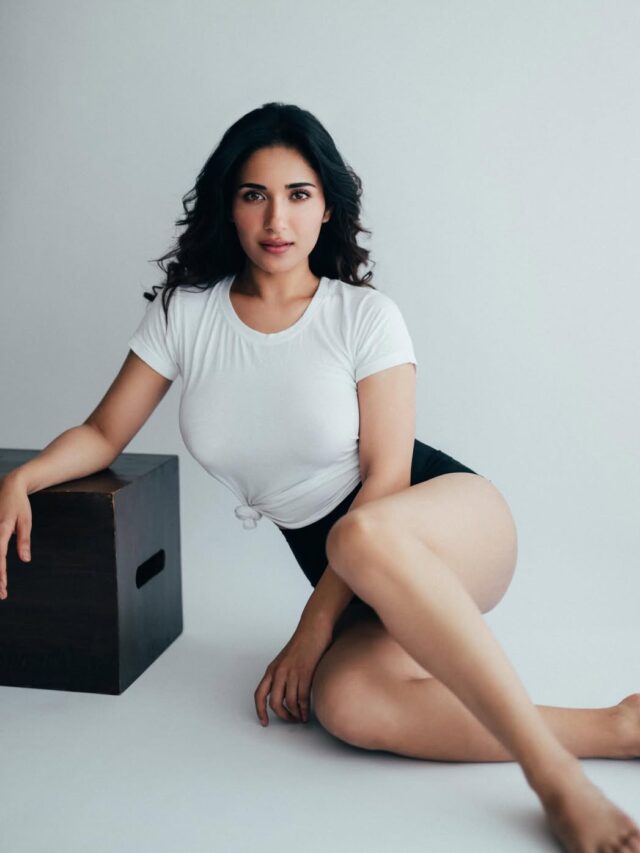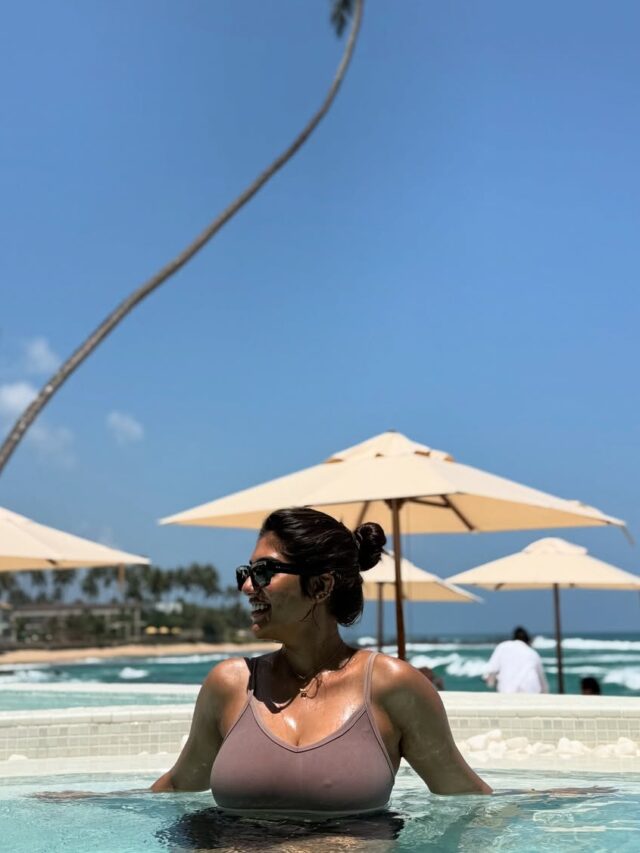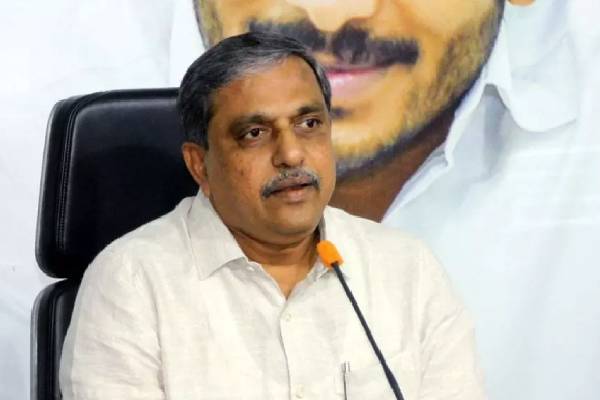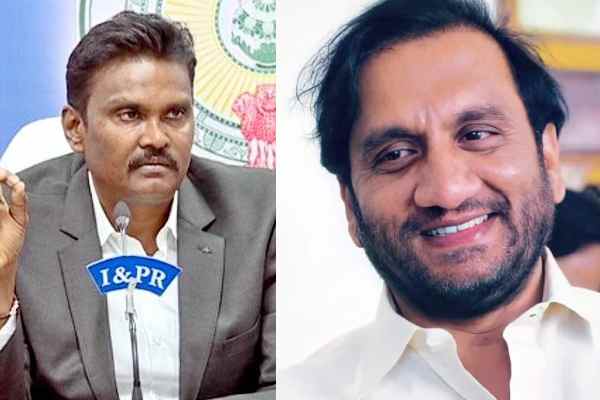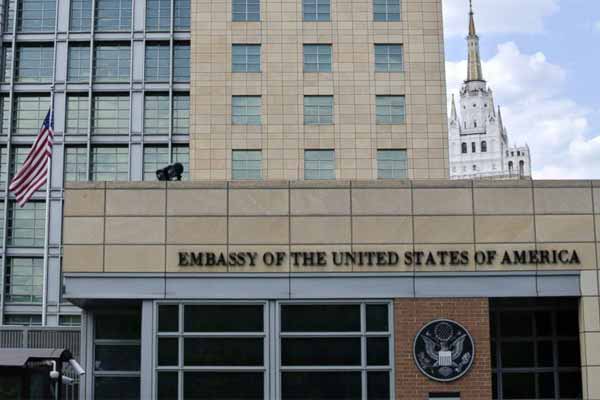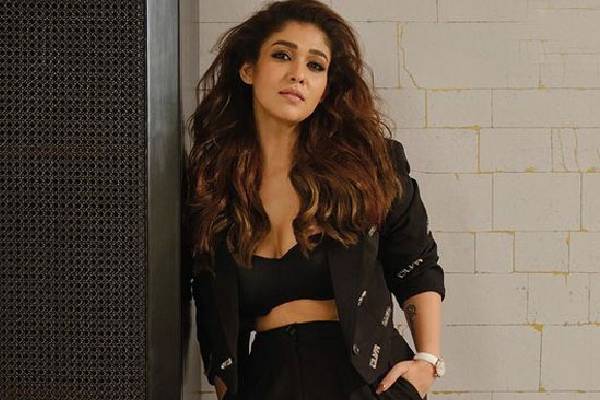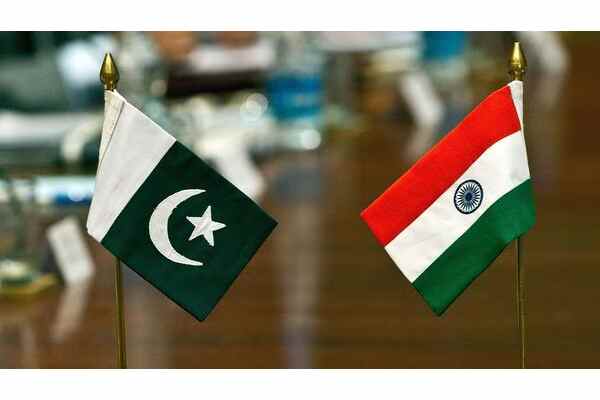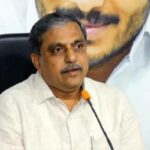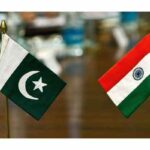The process of obtaining an entry visa into the United States is going to be stricter and lengthier. The Secretary of State Rex W. Tillerson sent Diplomatic cables to all American embassies instructing consular officials to largely increase the scrutiny. The secretary of the state wrote, “All visa decisions are national security decisions”.
As per the four cables sent between March 10 and March 17, Embassy officials have to inspect a broader pool of visa applicants to determine if they pose security risks to the United States. This means not only H1B visa, but visitor, student and business visa applicants will be critically examined. In this scrutiny, the applicants will be asked meticulous questions about their background and mandatory checks of their social media history will be done.
The cable sent on March 15 recommends areas of inquiry during a visa interview, includes: the applicant’s travel history, addresses and work history for 15 years; and all phone numbers, email addresses and social media handles used by the applicant in the past five years. If an applicant was unable to provide all of the information demanded, the State Department advised the embassy officials to delay or reschedule interviews. However, the questions on 15-year travel and work histories questions are on hold and is awaiting approval.
Trump has iterated his apprehension about the risk of “radical Islamic terrorism” from immigrants. The six predominantly Muslim countries on which he issued travel ban will undergo sturdier scrutiny even though the order is put on hold by the Federal Court.
Subsequently, it will be verified if the visa applicant has ever been in territory controlled by the Islamic State. As per the cables, it is up to the discretion of the embassy officials to decide who undergoes extra checks. In one of the cables Tillerson instructed the consular officers not to hesitate to refuse any case presenting security concerns.
This not only slows down the process but is likely to create anxiety among the applicants who will be scrutinized for their name, religion or nationality. The rules do not apply to Europe, Australia, New Zealand, Japan, South Korea and 38 other countries who are admitted swiftly into the US.
President in his election campaign said that “extreme vetting” will be done when it comes to visas. These diplomatic cables sent last week offer an insight into how the administration hopes to enact the travel ban if given a chance.



